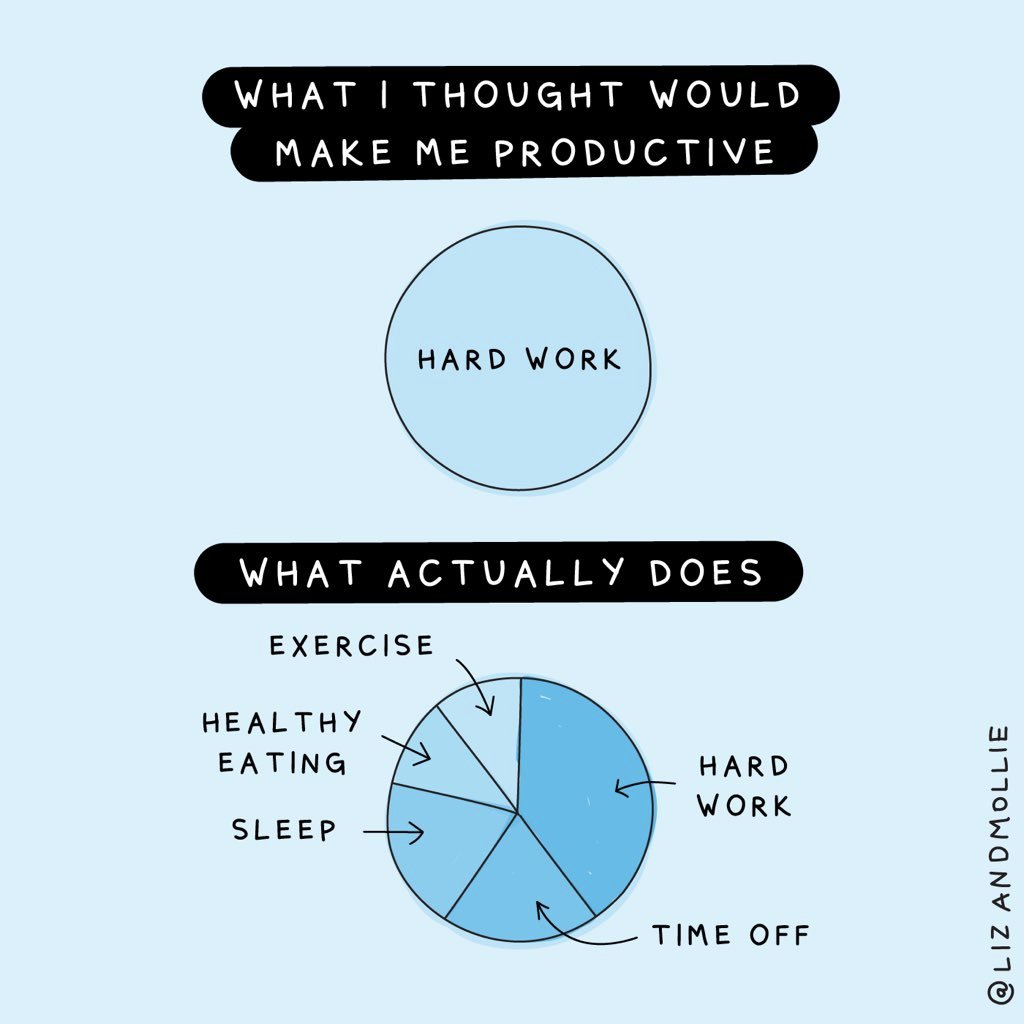What does being productive mean to you? And how productivity changed because of Covid-19?
The COVID-19 pandemic has thrown the global economy into its deepest recession since the Second World War. This experience will for sure leave a mark on our population together with new habits and changes such as the so-called “smart-working” or remote working.
Teleworking has been a necessary practice for firms and workers during lockdowns to ensure business kept going. Some industries were already using it in some doses, some others experienced it for the first time. Depending on the industry and company, remote-working has been a factor in increased productivity during the pandemic. A poll among US hiring managers found that managers were more likely to have experienced short-term productivity gains rather than losses due to remote work.
Telework can improve a company’s performance by raising employees’ satisfaction and wellbeing who will therefore work more efficiently. This happens through better work-life balance, less commuting or fewer distractions leading to more focused work or less absenteeism. Several studies conducted over the past few months show that productivity increases with smart-working. According to many studies, those who work from home spend on average 10 minutes less a day being unproductive, work one more day a week, and are 47% more productive. However, this is only one face of the coin.
It is, in fact, also possible that employees’ satisfaction decreases with smart-working because of solitude, hidden overtime and a fusing of private and work life, or an inappropriate working environment at home. Crossing the home-working line is very easy, which makes it difficult to start and end working at the right time.
Working from home almost gave us the need to always be productive, making us feel guilty after small distractions and, in some cases, feeling the pressure of being “online” all the time to show we are actually working and being productive. This phenomenon started to increase the cases of “burn-outs”.
Burnout is described as a state of emotional, physical, and mental exhaustion caused by excessive and prolonged stress, occurring when feeling overwhelmed, emotionally drained, and unable to meet constant demands. Smart-working increased for many the pressure of being continuously online, present, productive and proactive, constantly, and for longer time.
After burning-out became a problem, many started thinking about the meaning of productivity and how it actually changed during covid-19 because of smart-working.
Before covid, many thought productivity was actually coming from sitting at the desk, eyes on the screen, working those 8 hours a day. Now instead, productivity is perceived as an intersection of many factors and activities among which are: breaks, sleep, healthy food habits, family time, away-from-screen time and so on.
Each one of us knows what we need to do to encourage healthy productivity without causing burn-outs.
Have you found yours already?
Wanna be a digital marketer?
Start to practice with professional tools in a simulation platform.







